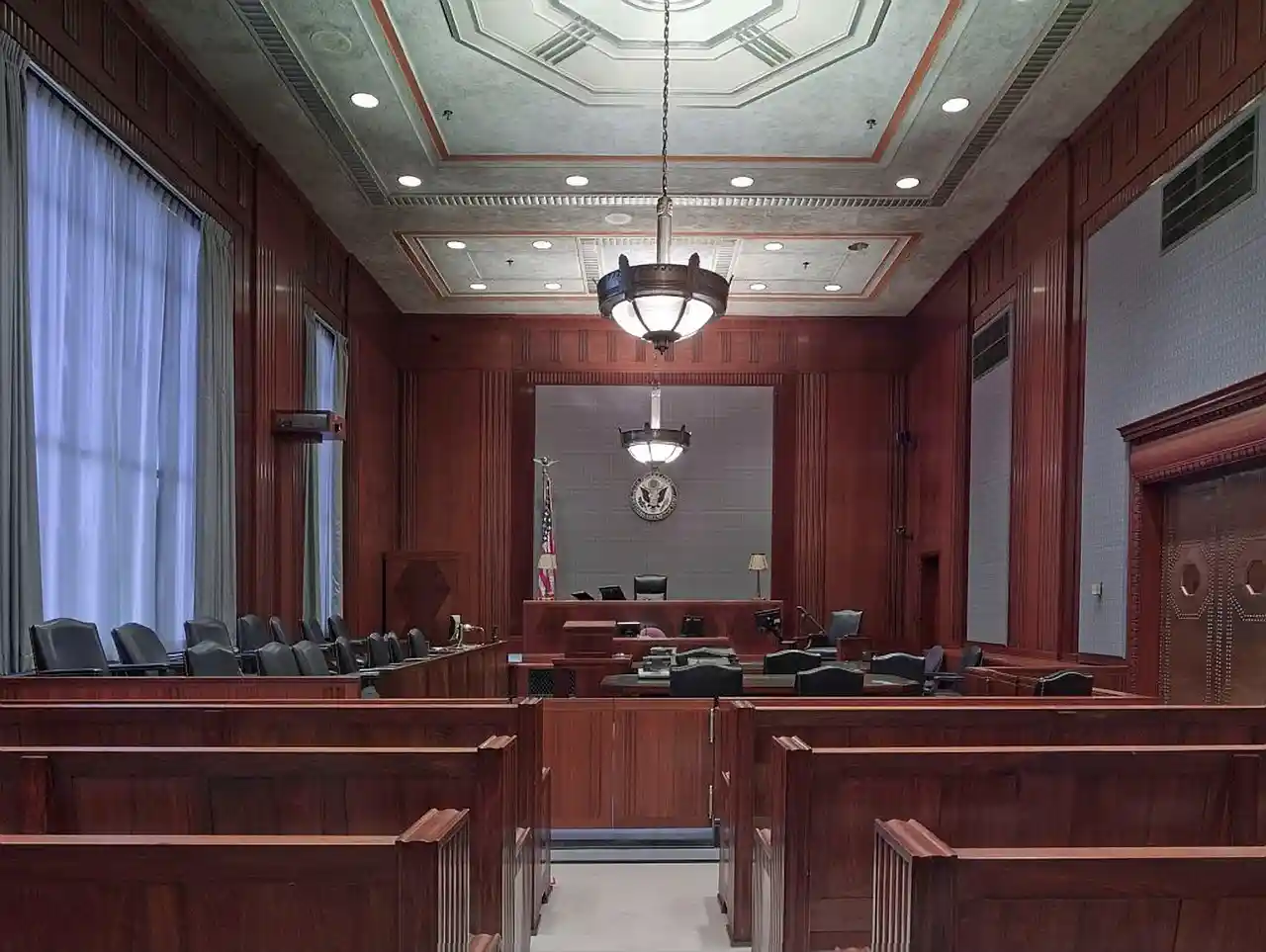 If you have ever watched a fictional trial as part of a legal drama on television or on the big screen, you undoubtedly watched at least one “expert witness” take the stand and testify. Often, it is the expert witness that appears to make or break the case. To keep the audience on the edge of their seat in a civil personal injury case, the main character’s victory rests on whether they can find an expert willing to testify against the wrongdoer. In a criminal case, the wrongly accused defendant’s fate may lay in the hands of the expert who shows up at the last minute with uncontroversial evidence proving that the defendant could not have committed the crime. What about in real life though? What role do experts play in a trial? A DUI attorney explains the use of expert witnesses at a real-world trial.
If you have ever watched a fictional trial as part of a legal drama on television or on the big screen, you undoubtedly watched at least one “expert witness” take the stand and testify. Often, it is the expert witness that appears to make or break the case. To keep the audience on the edge of their seat in a civil personal injury case, the main character’s victory rests on whether they can find an expert willing to testify against the wrongdoer. In a criminal case, the wrongly accused defendant’s fate may lay in the hands of the expert who shows up at the last minute with uncontroversial evidence proving that the defendant could not have committed the crime. What about in real life though? What role do experts play in a trial? A DUI attorney explains the use of expert witnesses at a real-world trial.
What Is Expert Testimony Different?
Why does it matter if someone is classified as an “expert” witness? There are two important reasons why it matters. First, the reality is that a jury will give more weight to what someone says if they have been presented as an “expert.” Second, an expert witness may give his/her opinion, something no one else may do as a general rule. Usually, a witness can only testify to what he/she knows to be a fact. An expert, however, may offer opinions based on tests, studies, evidence etc. For a defendant, this ability to offer opinions can provide the foundation for reasonable doubt, leading to an acquittal.
When Is an Expert Allowed to Testify?
Despite the way it often appears on television, expert witnesses don’t just take the stand and start testifying. First, the court must be convinced that the individual is, indeed, an expert in the field about which he/she plans to testify. What makes someone an expert? The Supreme Court case, Daubert v. Merrell Dow Pharmaceuticals, Inc. established the current standard used for the admissibility of expert witness testimony in federal courts and most state courts. The “test” in that case was codified in Rule 702 of the Federal Rules of Evidence which reads as follows:
A witness who is qualified as an expert by knowledge, skill, experience, training, or education may testify in the form of an opinion or otherwise if:
(a) the expert’s scientific, technical, or other specialized knowledge will help the trier of fact to understand the evidence or to determine a fact in issue;
(b) the testimony is based on sufficient facts or data;
(c) the testimony is the product of reliable principles and methods; and
(d) the expert has reliably applied the principles and methods to the facts of the case.
The Expert Witness Disparity
Unfortunately, getting a witness accepted as an expert is not always as easy as they make it look on television. One study found that out of 67 criminal appellate cases challenging a prosecution’s expert witness, the prosecution prevailed in 61 times. Meanwhile, out of the 54 appeals made by defendants arguing improper exclusion of their witnesses, the defendants won only ten times. Likewise, when the defense wants to bring the defendant’s state of mind into question, they often have an uphill battle. A study found that psychologists were only admitted 49.7 percent of the time (in comparison to the 69.1 percent rate of admissibility for all criminal experts). Law enforcement expert testimony, on the other hand, was admitted 85.7 percent of the time. As you can well imagine, law enforcement officers rarely testify for the defendant, meaning the prosecution typically has a much easier time getting their experts certified than the defense. Add to that the fact that while most prosecuting attorney’s offices have a budget for experts, the average defendant cannot afford the cost of an expert’s testimony and it becomes clear that there is an obvious disparity in the use of expert witnesses in criminal trials.
Contact a Nebraska DUI Attorney
If you have been arrested for driving under the influence (DUI) in the State of Nebraska, it is always in your best interest to consult directly with a DUI defense attorney about the specific facts and circumstances of your case. Contact the Nebraska DUI lawyers at Petersen Law Office 24 hours a day at 402-513-2180 to discuss your case with an experienced DUI defense lawyer.

